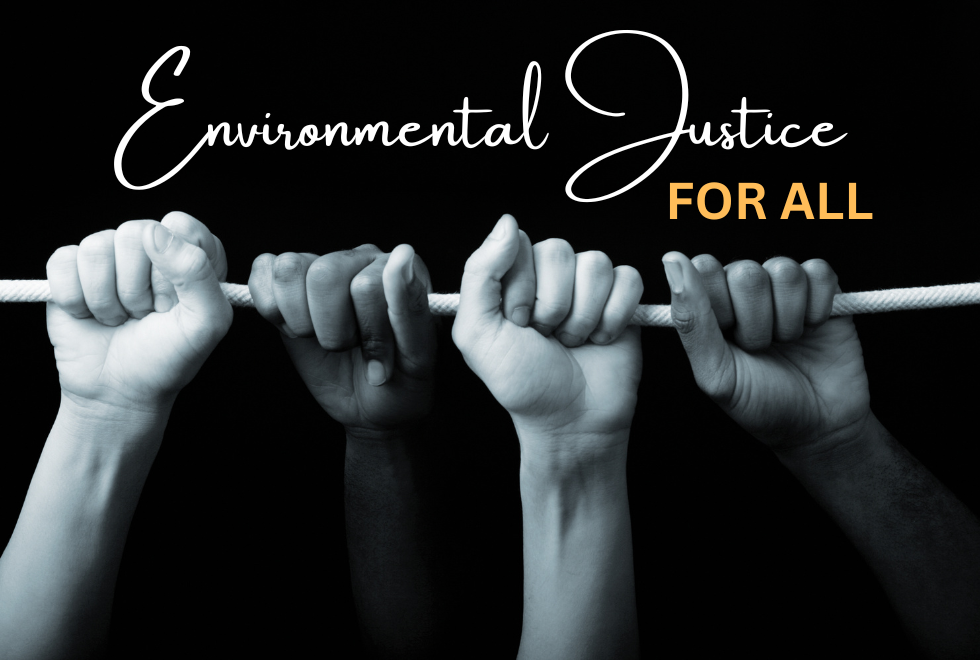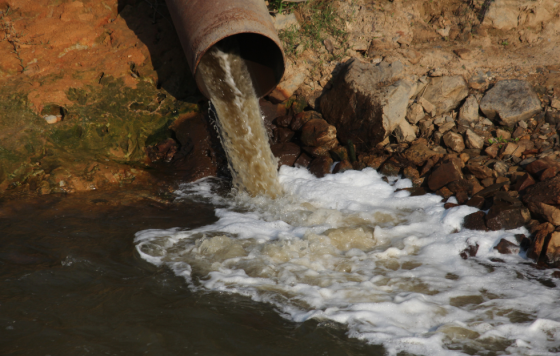
With the stroke of a pen, the Trump administration wiped away hard-fought protections for low-income families and black and brown communities that have long faced the most burden from pollution. Dismantling these protections is a larger attack on efforts to remedy discrimination and improve environmental and health protections.
The Importance of Environmental Justice
The basic principles of environmental justice are that all people, regardless of race, national origin, or income, have the right to live in a healthy environment, the right to the same environmental protections, and the right to be actively involved in shaping actions and policies that affect their communities. Environmental justice is rooted in the acknowledgment and understanding that historically marginalized communities are subject to longstanding systemic injustices, racism, and inequality, which have led to numerous harmful consequences. There is no doubt that frontline, fenceline, and the most vulnerable communities have and continue to face a disproportionate burden of pollution, waste, inadequate access to clean water, and the negative health outcomes these hazards cause. For more information on the environmental justice movement and key milestones, including a summary of various studies that exposed the realities of these disproportionate burdens, see the Environmental Protection Agency’s Environmental Justice Timeline and check out our environmental justice work here!
The Trump Administration’s Harmful Rollbacks
The Biden administration delivered the most extensive environmental justice agenda ever undertaken at the federal level, mandating a whole-of-government shift to prioritize addressing environmental injustices. Meanwhile, the Trump administration calls for the end of these initiatives, claiming they cause “illegal discrimination.”
The Trump administration has made its position crystal clear. It dissolved vital programs, directing federal agencies to terminate all federal employees and programs related to environmental justice and Diversity, Equity and Inclusion (DEI) within 60 days. Federal agencies are no longer required to integrate environmental justice into their missions. The White House Environmental Justice Advisory Council (WHEJAC) – an advisory group that gave environmental justice leaders a seat at the decision-making table – appears to also be a thing of the past. The Trump administration also gutted the historic Justice40 Initiative, which required that 40 percent of federal investments in climate, clean energy, and infrastructure go toward disadvantaged communities.
Perhaps most troubling of all, the Trump administration went so far as to revoke the 1994 Clinton-era executive order requiring federal agencies to prevent discrimination in federally funded initiatives and identify and address disproportionate adverse health or environmental effects of their actions on low-income people and people of color. This was a first-of-its-kind directive that has withstood four presidencies, both Republican and Democratic.
The Trump administration’s executive orders also directed the United States to withdraw from international climate agreements; expedited and expanded fossil fuel development; paused funding on vital funding for water infrastructure projects; threatened deep cuts to the Environmental Protection Agency (EPA) and their federal staffing levels; paused approvals for renewable energy; and rolled back critical initiatives to combat climate change. In just a few days, the Trump administration has revoked nearly 80 of the Biden administration’s executive actions and other historic initiatives.
What These Rollbacks Mean for Environmental Justice Communities
The Trump administration has fixated on the harmful and illogical idea that environmental justice is discriminatory. Nothing could be further from the truth. Environmental justice is about creating fairness and equity in all communities, not giving preferential treatment of one group over another.
By rolling back these critical initiatives, the Trump administration is turning a blind eye to historical injustices and decades of environmental racism faced by marginalized communities.
By shutting the door on the voices of environmental justice advocates, the current administration is excluding those who are most affected, silencing valuable perspectives that have the most knowledge about their own communities, and disregarding vulnerable communities in policy-making decisions.
By taking away crucial investments from low-income and communities of color, the Trump administration is ignoring years of disinvestment and denying critical investments, such as drinking water system upgrades, from the communities that need the most help.
By allowing polluters to skirt environmental protections, pushing dirty fossil fuels, and undermining the EPA’s ability to fulfill its mission, the Trump administration is buddying up with special interests rather than protecting our communities. These rollbacks open the doors to even more pollution and public health risks, while putting frontline communities at greater risk from the worsening impacts of climate change.
Clean Water Action’s Commitments
As environmental justice initiatives face blatant attacks, our work is more important than ever. We will continue to stand alongside all communities—regardless of their race, wealth, or background—and are dedicated to amplifying and empowering the voices of community members that are the most impacted. We will continue to hold polluters accountable and advocate for policy changes that prioritize justice, equity, and a healthy environment. Ultimately, addressing environmental justice not only heals an injustice that communities face, but it also results in cleaner air and water for us all.


